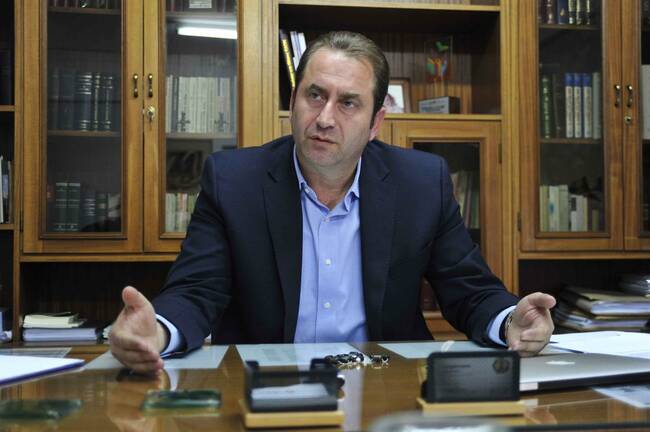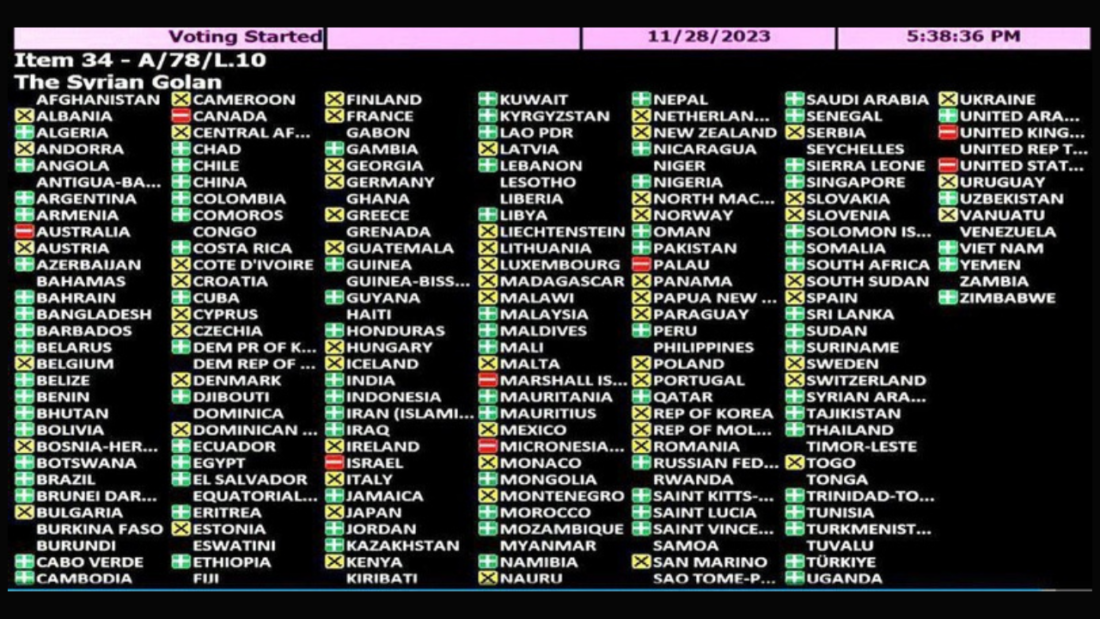
Intervention of Giorgos Loucaides, AKEL Political Bureau member, at the teleconference organised by the Group of the Left (UEL) in the Parliamentary Assembly of the Council of Europe and GUE/NGL in the European Parliament
“On the situation in the Eastern Mediterranean”
21st October 2020
Instead of being an area of peace, cooperation and stability, the Eastern Mediterranean has become one of the most conflictual areas in the world. This has come as a result of intensified, international and imperialist competition for the hegemonic control of the region.
Alongside the long-standing suffering of Palestine and Cyprus, brought about as a result of external military aggression and occupation and the violation of human rights, one can add numerous new conflicts and issues in the area such as: the external manipulation of the internal situation in Libya, the foreign interventions and the proxy war of regional and international actors in Syria, the direct involvement of external actors in Lebanon, the illegal activities of Turkey against the maritime and sovereign rights of Greece and Cyprus and the massive neglect of humanism and international law in the treatment of refugees and immigrants.
In all the aforementioned cases, there is one essential common denominator: the submissive response of the international community to the violation of international legality and human rights. This eases the creation of new, illegal, destabilising and unjust faits accomplish, to the detriment of course of the peoples concerned.
Palestine stands as the most explicit example, as it clearly demonstrates how imperialist forces entrench new realities and then seek to sustain them. More precisely, the unacceptable so-called ‘Deal of the Century’ reveals exactly how the US are trying to facilitate ex-post, the legitimation of Israel’s illegal faits accomplis as regards the territorial and property rights of the Palestinian refugees.
Equally troubling is another observation: that of Turkey’s central role in exacerbating and escalating tensions and warmongering in the Eastern Mediterranean region. Not only is Turkey trying internally, to impose a total crackdown and mounting pressure on the opposition – through the systematic and increased violation of human rights, democracy and the rule of law – it is also perpetuating instability externally, through the regression of human rights and the violation of the sovereignty and sovereign rights of neighbouring states.
Focusing on Cyprus, it is evident that through numerous illegal activities, Ankara is seeking to enforce its hegemonic plans by interfering in the maritime zones of the Republic of Cyprus thus creating new, damaging faits accomplis as regards the Cyprus problem.
Concerning its intrusions in the maritime zone of Cyprus, there is no doubt that Turkey is violating the international Law of the Sea. If Ankara’s main concern, as it alleges, is the interests of the T/Cypriots, then why not resume negotiations for the comprehensive solution of the Cyprus problem on the agreed basis of BBF which is the most effective means to safeguarde these interests?
Allow me to underline that the convergences, agreed upon since 2010, include an agreement on the federal competence over the EEZ, as well as over the natural resources- thus including hydrocarbons- and the allocation of revenues between the two communities. All these signify that the issue of hydrocarbons will be resolved with the solution of the Cyprus problem. The only pending issue will be the delimitation of maritime zones with Turkey but even this, according to the said convergence, will be handled under the UNCLOS provisions.
Regarding the creation of new faits accomplis that damage the prospects of reaching a comprehensive solution to the Cyprus problem, the violation of the status quo in Varosha, is a stark provocation. This act is in flagrant violation of international law, relevant UN Security Council resolutions, prior decisions and resolutions of the CoE and the EU.
Turkey’s opening – even partial opening of Varosha – and its intention to illegally settle the area by people other than its lawful inhabitants, violates all relevant UN Security Council Resolutions that provide the framework for the return of Varosha to its lawful owners under the temporary administration of the UN. The UNSC in its last statement, reaffirmed all previous resolutions on Varosha.
It is important to understand that the illegal activities of Turkey in Cyprus are not only adding to the tensions, but are also undermining the prospects for meaningful peace negotiations. The recent election of a partitionist politician to the leadership of the Turkish Cypriot community with the full support of Ankara, also amounts to a very negative development.
Turkey should immediately show restraint and terminate any activities which undermine the resumption of substantial negotiations.
If, contrary to our hopes and current efforts to resume political dialogue, Turkey’s intransigence and aggressiveness perpetuate, then there can be no other option for the the international community, the UNO, EU, the Council of Europe and other regional organisations, but to proceed with the adoption of political and diplomatic measures that will force Ankara to face, in concrete terms, the fallouts of its policies.




